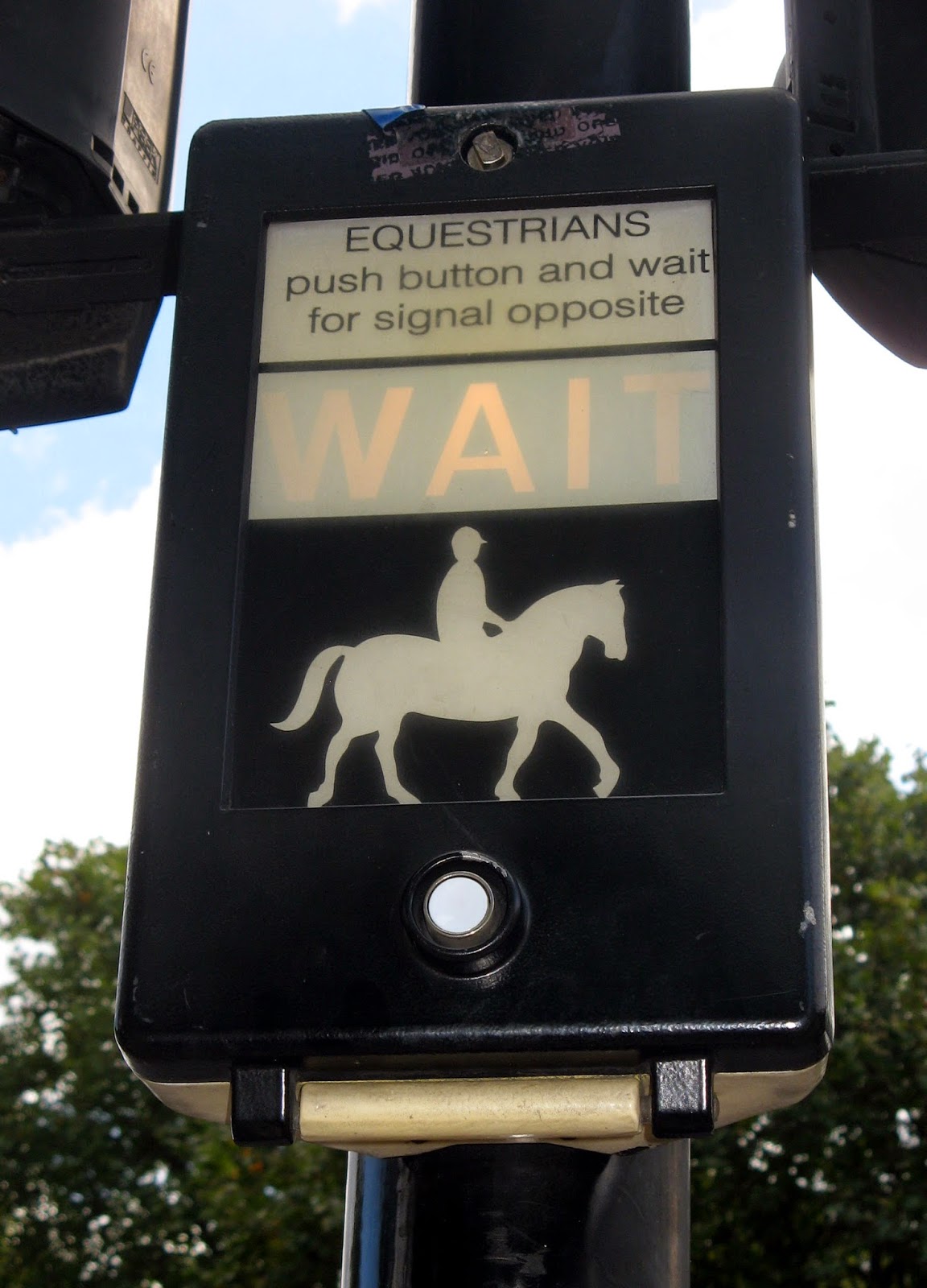Hotel du Lac – Perfect Place for Stereotypes
 |
| Stereotypes? Image by Imagaday |
For Edith Hope, the romantic novelist of Hotel du Lac, writing offers a form of self-expression through escapism. Through this medium Edith exposes the limits of her experience and imagination. A woman unequipped psychologically to fight against tradition, she complies with and supports social norms through the content of her work.
Edith's Novels Support Cultural Prejudices
Edith’s narratives of love and romance disregard women in positions of power; instead, they fuel gender role socialisation by reinforcing societal myths. Through her novels, Edith recreates the ideal world she craves for, an environment overflowing with love and protection: “[Edith’s] idea of absolute happiness is to sit in a hot garden all day, reading, or writing, utterly safe in the knowledge that the person [she] love[s] will come home to [her] in the evening. Every evening” (98). Her fantasies sell well, implying that Edith and her readers, women rendered powerless, thrive on such myths and succumb to the conventions that fiction and society perpetuate.
Cognitive Mapping
Complementing her repetitious themes in her novels, Edith’s attitude to people and events emphasise her limited "cognitive map." According to Graham Huggan in his book Territorial Disputes: Maps and Mapping Strategies in Contemporary Canadian and Australian Fiction, “A cognitive or mental map is defined as a person’s organised representation of some part of the spatial environment... It reflects the world as people believe it to be. Usually, however, mental maps are embodiments of specific cultural attitudes, and as often as not they are significant registers of cultural prejudice” (16).
Edith’s "cognitive map" superimposes others with stereotypical, almost fictional, characteristics. Her mental map embodies, as Huggan would put it, “cultural prejudice.” Through her behaviour, Edith reflects the societal need to discriminate the populace into neat delineated demographic groups. A passenger on a plane she “deduce[s] [as] a doctor... but it turn[s] out that he ha[s] something to do with tungsten;” she “ha[s] [Mme de Bonneuil] down as a Belgian confectioner’s widow” (11), and she concludes Monica, the bulimic housewife, to be a “dancer[]” (32). Responding to society’s addiction to stereotyping, Edith attempts to constrict people to the squares of her inflexible mental grid.
Edith Disparages Her Gender
Besides Edith’s attempts to cognitively map her acquaintances, her negative experiences of women drive her to embark on a vicious faultfinding mission. Physical evaluation forces many women to see themselves as Gillian Rose quotes in her book, Feminism and Geography: The Limits of Geographical Knowledge, “located in space.” Rose continues to explain that “women's sense of embodiment can make space feel like a thousand piercing eyes.” Edith Hope increases her own gender’s self-consciousness with her derogatory physical descriptions of the other women in Hotel du Lac: “bottom shaped like a large plum” (18), “over abundant hips... large, flushed, blonde face” (34).
Edith’s remarks exhibit little sympathy for her own sex by imitating and corroborating society’s disapproval of female corpulence. Contemporary society’s position seems to be that, although women have strengthened their gender roles, the amount of physical space they are allotted by patriarchy has shrunk. Besides criticising women’s physical form, Edith degrades women by comparing them to animals: Monica has a “narrow, nodding head of a grebe” (16); Mme de Bonneuil a “face like a bulldog” (11); and her mother “bark[s]” (104). Edith reduces herself and the women she writes for to “tortoises”(30), a comparison that implies slowness and passivity.
Hotel Du Lac – A Place for "No Hopers"
Edith Hope’s criticisms of the guests of Hotel du Lac are fueled by society’s obsession with appearance and perfection - a preoccupation that causes many women to become pathologically concerned with their body image. Unfortunately, Ms. Hope’s own romantic narratives and stereotypical thinking do little to empower and give hope to her gender.
Sources:
Brookner, Anita. Hotel du Lac, Penguin, Harmondsworth, London: 1993.Huggan, Graham. Territorial Disputes: Maps and Mapping Strategies in Contemporary Canadian and Australian Fiction. University of Toronto Press: 1994.
Rose, Gillian. Feminism and Geography: The Limits of Geographical Knowledge. Pollity Press Cambridge UK: 1993
First published Mar 3, 2011 on Suite101.com by Lesley Lanir.
Copyright Lesley Lanir. Contact the author to obtain permission for republication.
Kindle






Comments
Post a Comment